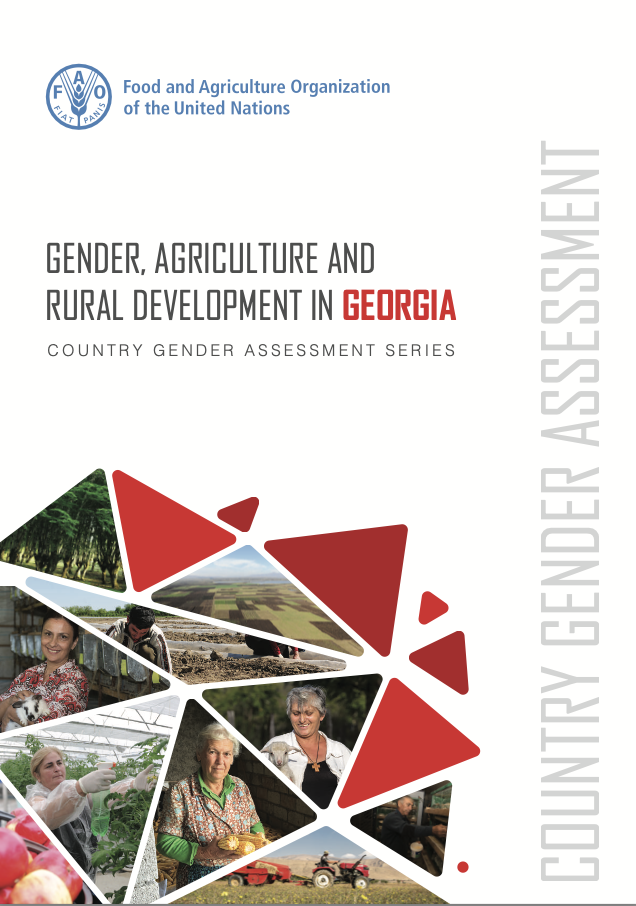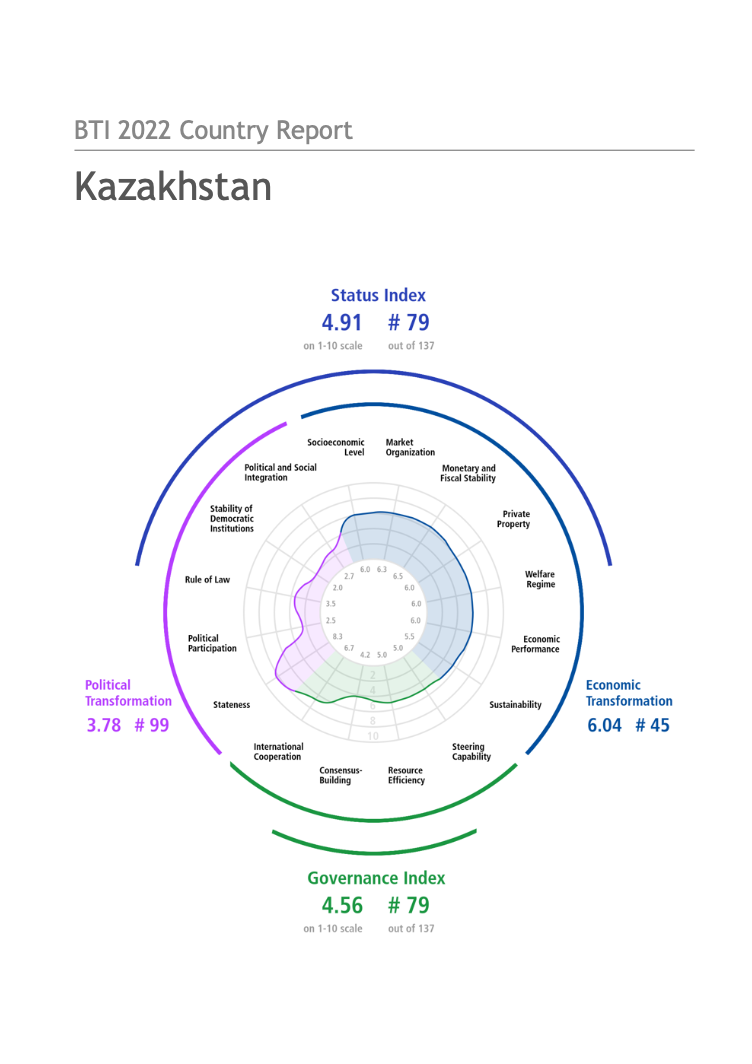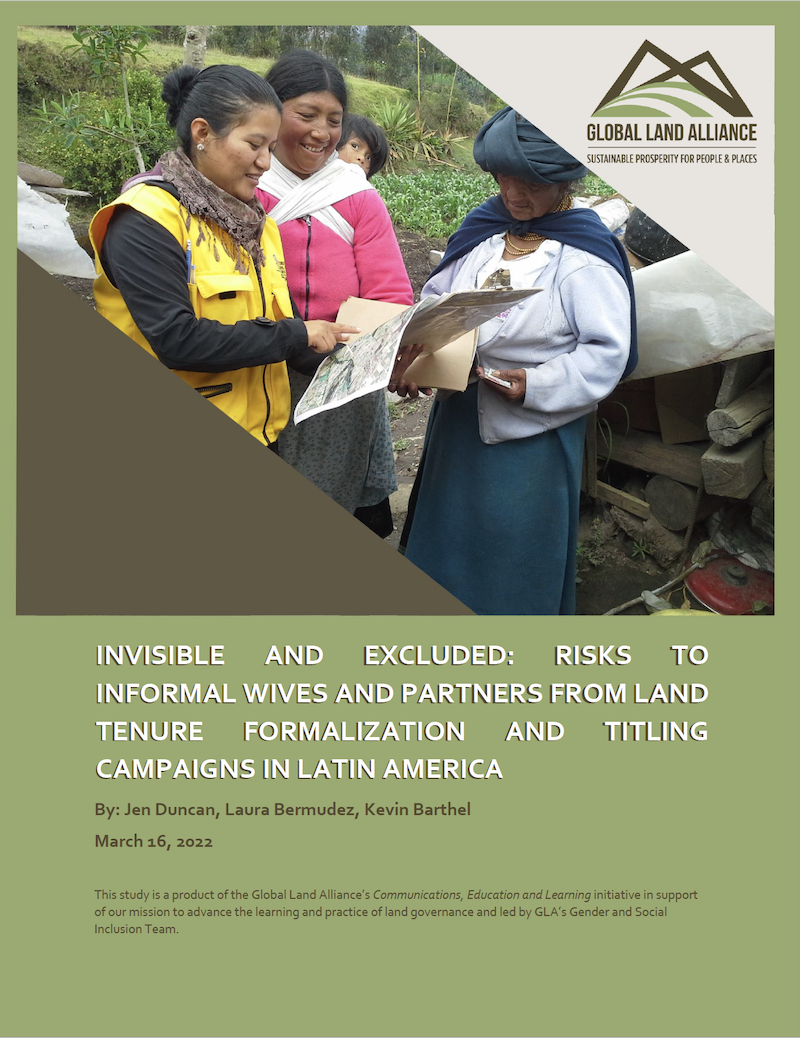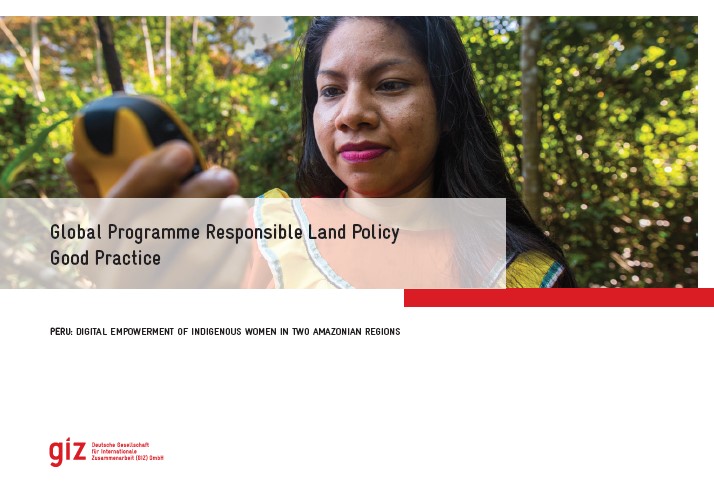Proposal for short-term SDO intervention in non-SDO SLLC woredas
this proposal examines the potential negative consequences SLLC may have had on women and vulnerable groups in woredas where Social Development Officers (SDO) were not in post to engage with these groups and provides an approach to revisit a selected number of non-SDO woredas to rapidly identify and resolve disputes..This resource was published in the frame of the Land Investment for Transformation (LIFT) Programme.








